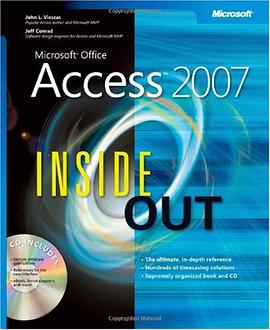

Throughout the world, the use of some kind of a formal transportation project evaluation procedure is a requirement. Yet, by and large, these are partial; in fact, much weight is often placed on the initial -pre-engineering -phases of the planning process, when vital information, such as accurate costs and demand projections, is largely missing. Moreover, many of these procedures neglect to consider key issues such as project's risks, capital costs financing, latent demand, market imperfections, labor force availability and various incompatibilities between trip rates, travel times and activity location. As a result, projects, which are judged as viable under such deficient evaluation schemes, may have had a significantly different projection of capital costs and demand should a well-founded, thorough, and efficient evaluation process be used.Against this background, this book's main objective is to construct a comprehensive and methodical economic, planning and decision-making framework for the evaluation of proposed transportation infrastructure investment projects. Such a framework is founded on four key principles. It is based on well-established economic, transportation and policy-analysis theoretical principles; it is comprehensive enough to encompass all relevant evaluation issues; it is applicable to a wide range of transportation investment projects; and, it is amenable to empirical application including a sensitivity analysis and alternative scenarios regarding urban, regional and national developments.
具体描述
读后感
评分
评分
评分
评分
用户评价
相关图书
本站所有内容均为互联网搜索引擎提供的公开搜索信息,本站不存储任何数据与内容,任何内容与数据均与本站无关,如有需要请联系相关搜索引擎包括但不限于百度,google,bing,sogou 等
© 2025 book.wenda123.org All Rights Reserved. 图书目录大全 版权所有




















